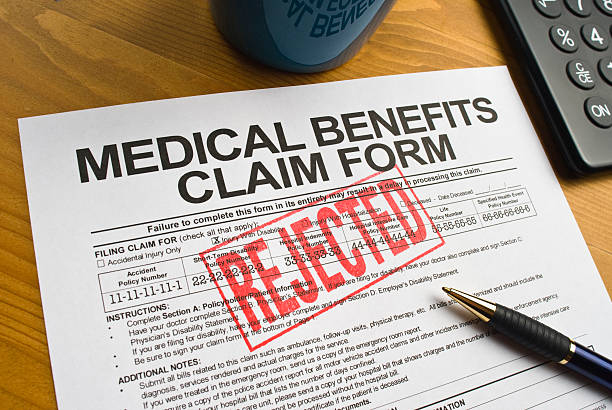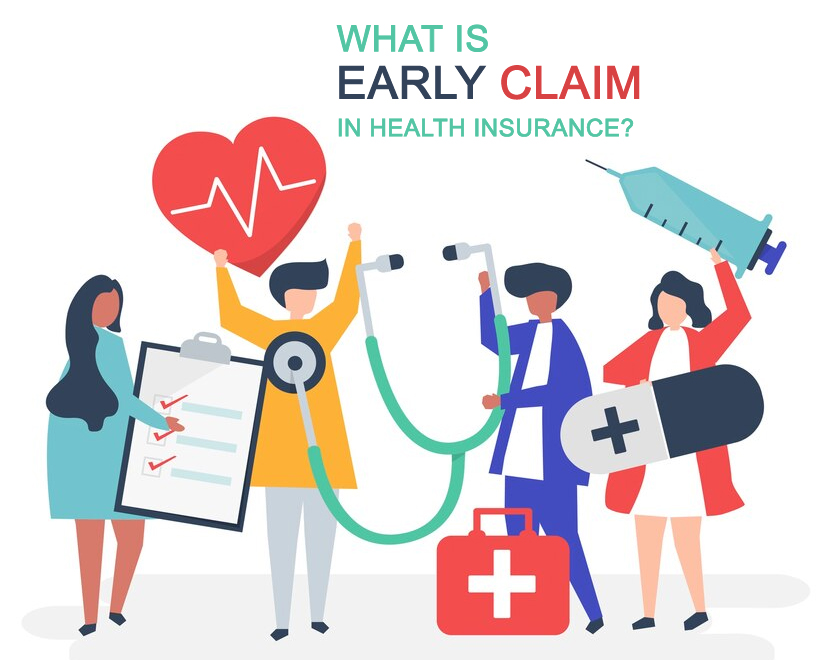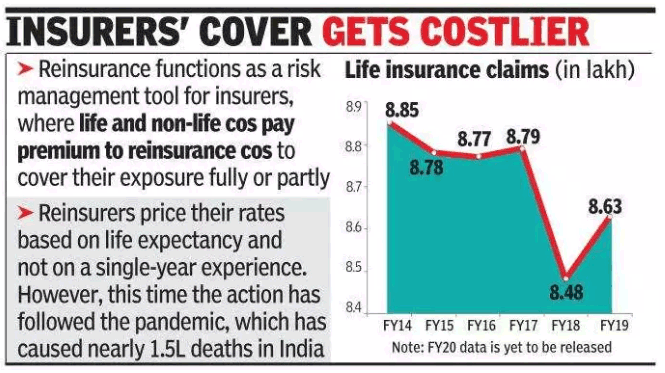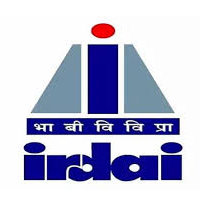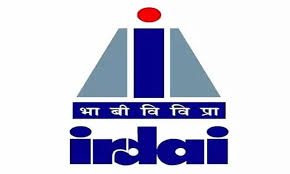Your health insurance claim can be rejected for several reasons. Here’s a detailed breakdown and how you can avoid rejection:
Reasons for Claim Rejection:
1.Material Non-Disclosure of Pre-existing Diseases
- Failing to disclose conditions like diabetes or hypertension can lead to claim denial.
- Why? Insurers reserve the right to reject claims or even cancel your policy for non-disclosure.
2.Pre-existing Diseases Waiting Period
- Most insurers impose a waiting period of 3-4 years for pre-existing conditions.
- Claims made during this period are likely to be rejected.
3.Waiting Periods for Specific Diseases
- Some conditions like cataracts, knee replacements, or piles have waiting periods of 2-4 years.
- Claims made before this waiting period will be denied.
4.Room Rent Limits & Proportionate Deduction
- If your hospital room rent exceeds the policy’s limit, insurers might proportionately reduce your claim amount.
5.Incorrect or Inadequate Documentation
- Missing invoices, prescriptions, or diagnostic reports can lead to claim rejection.
- Pro Tip: Keep all medical documentation ready.
6.Hospitalization for Diagnostic/Monitoring Purposes Only
- Hospital stays solely for observation without active treatment are not covered.
- Example: Chest pain leading to a 24-hour observation but no treatment.
7.Lack of Medical Necessity for Hospitalization
-
If the insurance company determines hospitalization wasn’t medically necessary, your claim may be rejected.
How to Minimize Claim Rejections:
✅ Choose the Right Policy:
- Opt for a comprehensive policy with no room rent limit, co-pay clauses, and a restore benefit.
✅ Disclose Pre-existing Conditions:
-
Be transparent during the policy purchase to avoid claim issues later.
✅ Buy a Policy Early:
- Purchase health insurance while you’re young and healthy to avoid pre-existing disease-related exclusions.
✅ Have Adequate Sum Insured:
- Think ahead and ensure the sum assured covers rising healthcare costs for the next 20 years.
✅ Don’t Rely Solely on Employer Health Cover:
- Always have a personal health insurance policy as corporate coverage ends when you switch jobs.
✅ Avoid Unnecessary Policy Porting:
-
Port policies only when the new insurer offers significantly better benefits.
✅ Maintain Proper Documentation:
-
Ensure you have all invoices, prescriptions, and diagnostic reports when claiming.
Conclusion:
Health insurance claims are about following the rules and being prepared. Always disclose all details honestly, choose a good policy, and keep your documentation ready. A little preparation today can save you from big surprises later!


